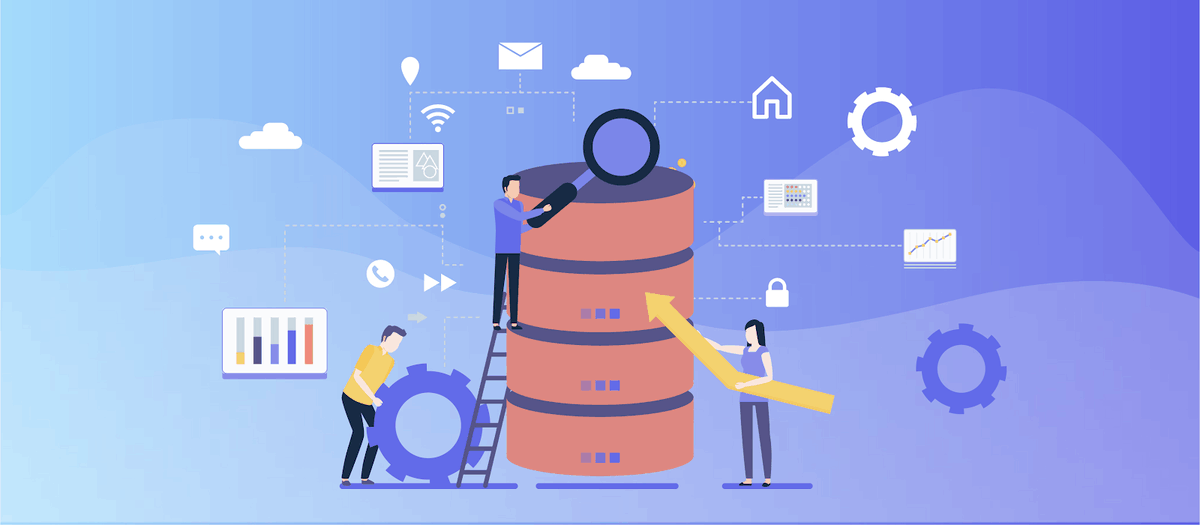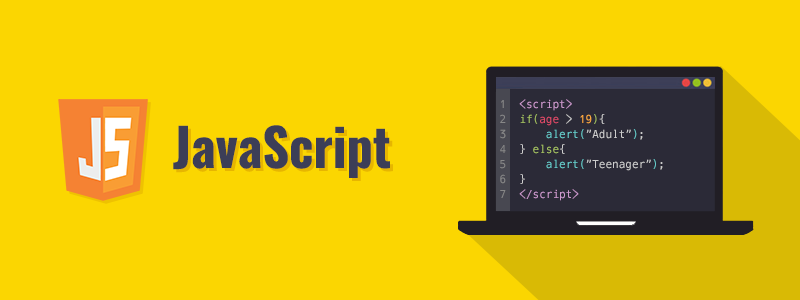My best interview advice that will tip the scales in your favor to get that dream job you want!
🧵THREAD🧵
#100DaysOfCode #CodeNewbie #TechInterview
🧵THREAD🧵
#100DaysOfCode #CodeNewbie #TechInterview
Interviews are hard, and sometimes they are nothing like the actual job, which sucks.
Nevertheless, it has caught my attention that A LOT of people ignore things that factor in hugely in an interview and are usually what determines if you get an offer or not.
Nevertheless, it has caught my attention that A LOT of people ignore things that factor in hugely in an interview and are usually what determines if you get an offer or not.
1_ BE CONFIDENT! But don´t lie.
When you know the question asked answer with confidence, demonstrate your knowledge.
When you don´t know the question give a limited answer and say something like I would like to get more experience with it.
When you know the question asked answer with confidence, demonstrate your knowledge.
When you don´t know the question give a limited answer and say something like I would like to get more experience with it.
2_ Demonstrate interest in the company.
Even before that, be interested in the company.
If you aren´t, you should probably not even apply there.
It can be their stack, their mission, their culture, something that really clicks with you. Let them know you identify with that.
Even before that, be interested in the company.
If you aren´t, you should probably not even apply there.
It can be their stack, their mission, their culture, something that really clicks with you. Let them know you identify with that.
3_ Guide the interview whenever you are given the chance.
Talk about your projects, tell them about something you accomplished, and are proud of. Let them know about the challenges you had and how you overcame them. Make sure they see the value you bring and how good you are 💎!
Talk about your projects, tell them about something you accomplished, and are proud of. Let them know about the challenges you had and how you overcame them. Make sure they see the value you bring and how good you are 💎!
4_ Positive attitude and spark
This can go a long way. Sometimes a team already has all the dev rockstars they need but could really use someone who is positive and full of energy to tackle tasks and learn new things. Most dev hiring people like to see that on candidates.
This can go a long way. Sometimes a team already has all the dev rockstars they need but could really use someone who is positive and full of energy to tackle tasks and learn new things. Most dev hiring people like to see that on candidates.
5_ Tech hobbies/ extra courses
If you do like to code outside of work hours let them know. It demonstrates that you really love your field and you are hungry to learn more.
If someone tells me they love to learn but have never taken a course or done a side project I doubt it.
If you do like to code outside of work hours let them know. It demonstrates that you really love your field and you are hungry to learn more.
If someone tells me they love to learn but have never taken a course or done a side project I doubt it.
6_ If you had a job before PLEASE be sure to know how to explain the architecture and a full cycle of request-response in your previous project!
If you didn´t have a job before, this applies to the best project in your portfolio.
They will ask you this to test your knowledge.
If you didn´t have a job before, this applies to the best project in your portfolio.
They will ask you this to test your knowledge.
Those are all for now. Keep in mind these are tips to stand out and caught their attention provided that meet the minimum technical level they are looking for.
You still need to work on your fundamentals and algorithms and such. But if you add this you are miles ahead of others.
You still need to work on your fundamentals and algorithms and such. But if you add this you are miles ahead of others.
And lastly, this is all based on my own experience from both sides, what had worked wonders when I apply and what hasn´t. And also what we look in candidates when doing technical interviews and what our leaders love to see in new members of the team!
Hope it helps you 🚀
Hope it helps you 🚀
• • •
Missing some Tweet in this thread? You can try to
force a refresh










